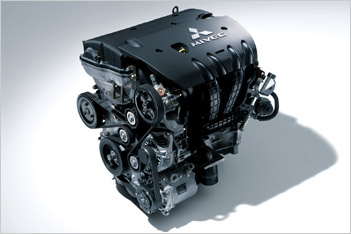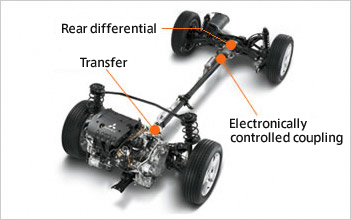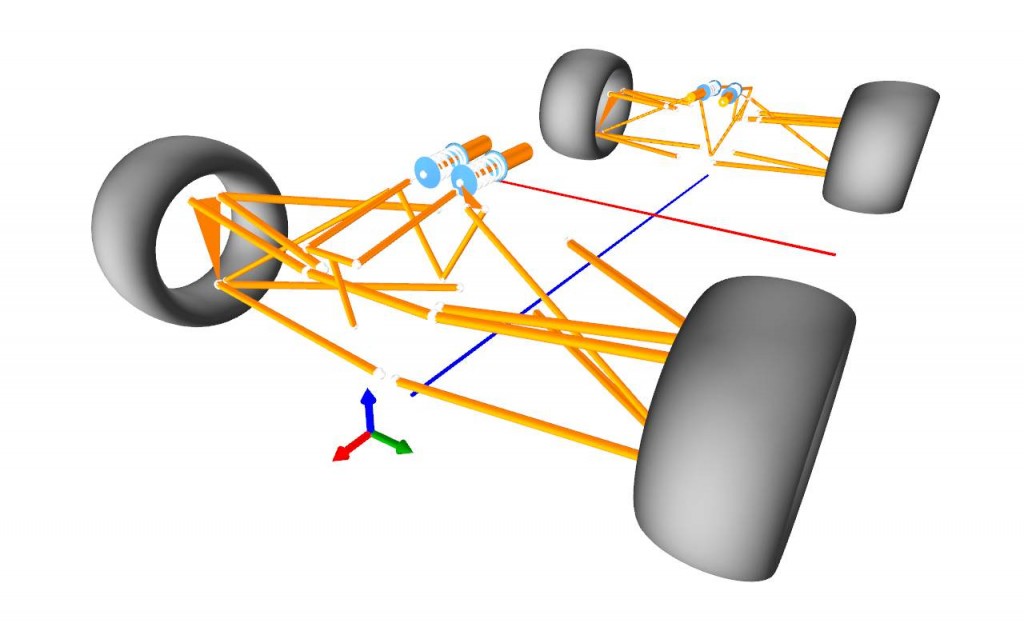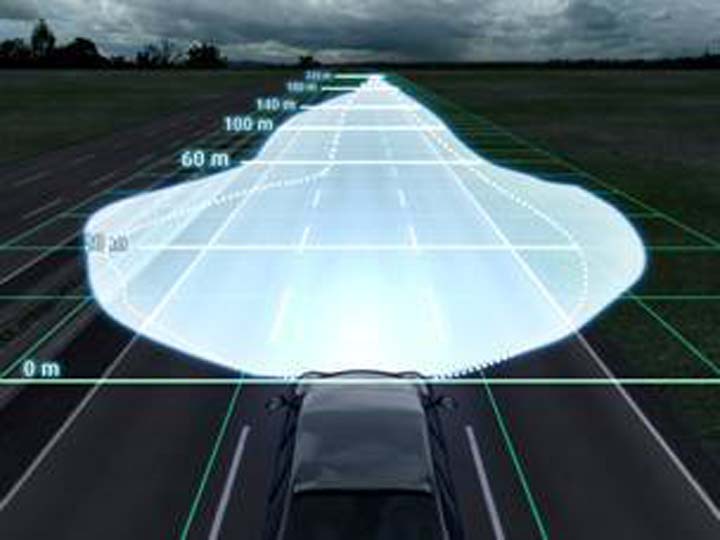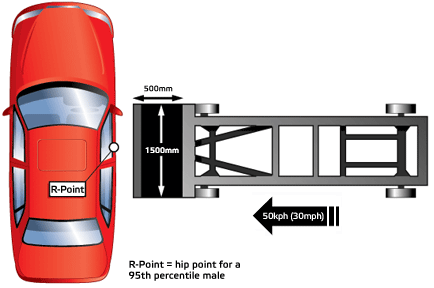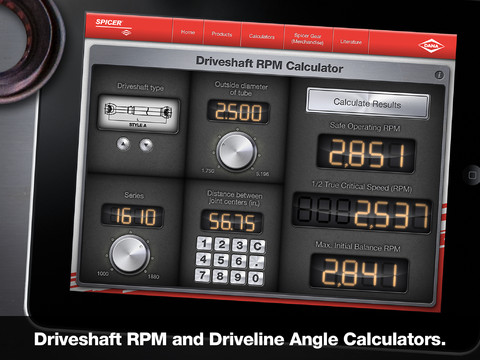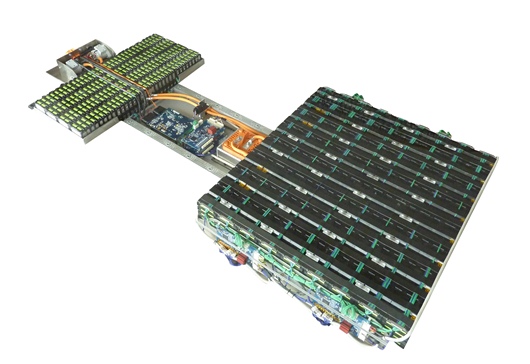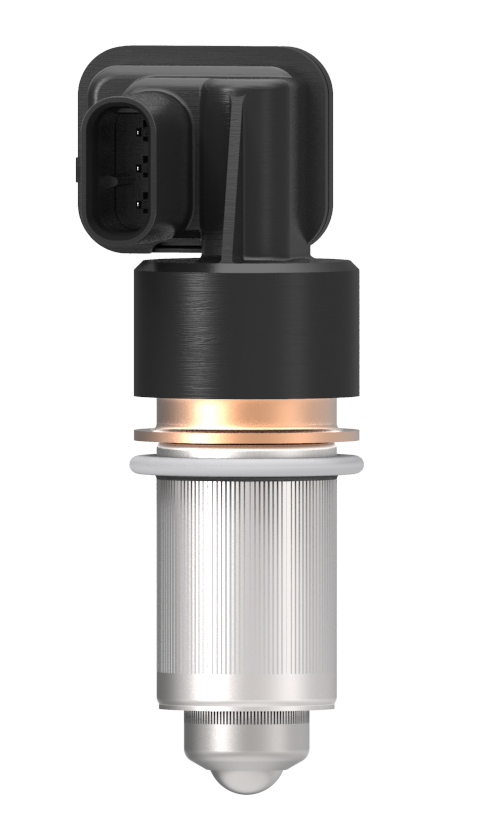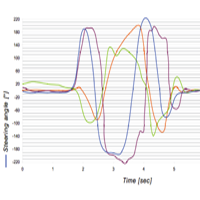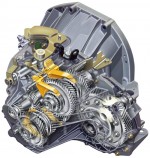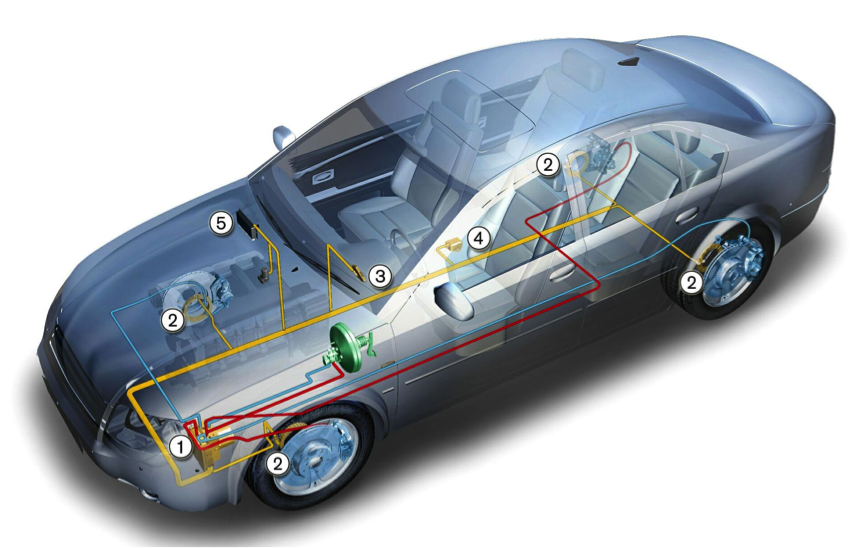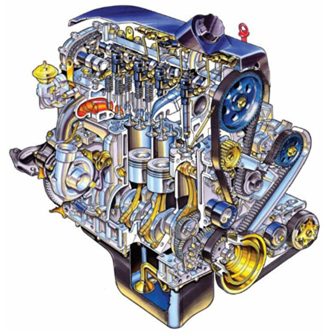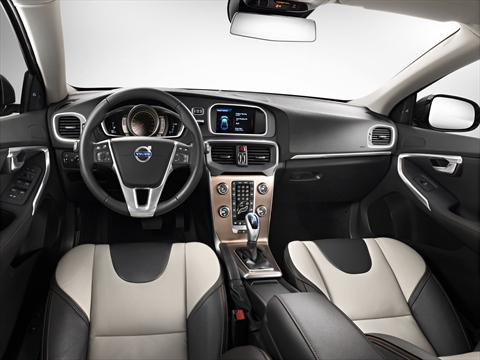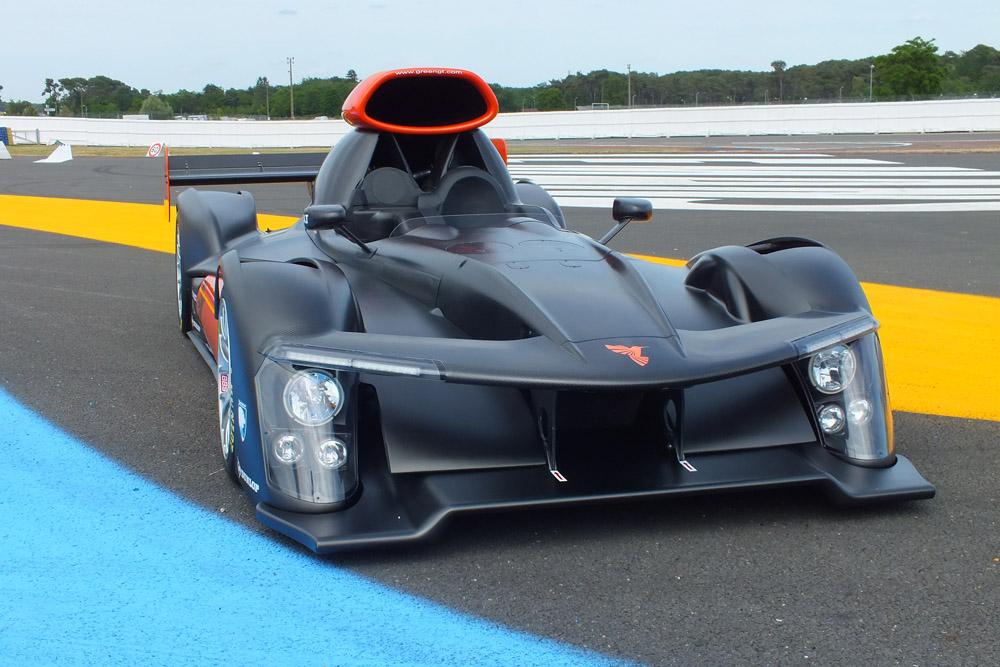Land Rover has announced a series of updates for the Range Rover and Range Rover Sport, further enhancing the luxury and premium sporting SUVs. The revisions include Land Rover’s innovative All-Terrain Progress Control system, a world-first technology which complements and further improves the Range Rover’s off-road capability. Significant gains in both performance and efficiency are achieved through enhanced six-cylinder petrol and diesel engines.
“Range Rover and Range Rover Sport offer an unrivalled combination of performance, efficiency, design leadership and off-road capability,” says Phil Popham, Group Marketing Director, Jaguar Land Rover.
“Our latest updates capitalize on these strengths, with our new All Terrain Progress Control, along with extra-efficient six-cylinder engines, which underline Land Rover’s commitment to sustainability.”
All-Terrain Progress Control for improved off-road capability
Off-road capabilities stand at the core of every Land Rover. Now All-Terrain Progress Control (ATPC) is being introduced to further complement the Range Rover and Range Rover Sport’s four-wheel-drive chassis.
ATPC allows the driver to input a desired speed, either from rest or an existing speed, without any pedal inputs once the brake is released. The system continuously monitors and adjusts the vehicle settings to optimize traction and maintain progress in all conditions.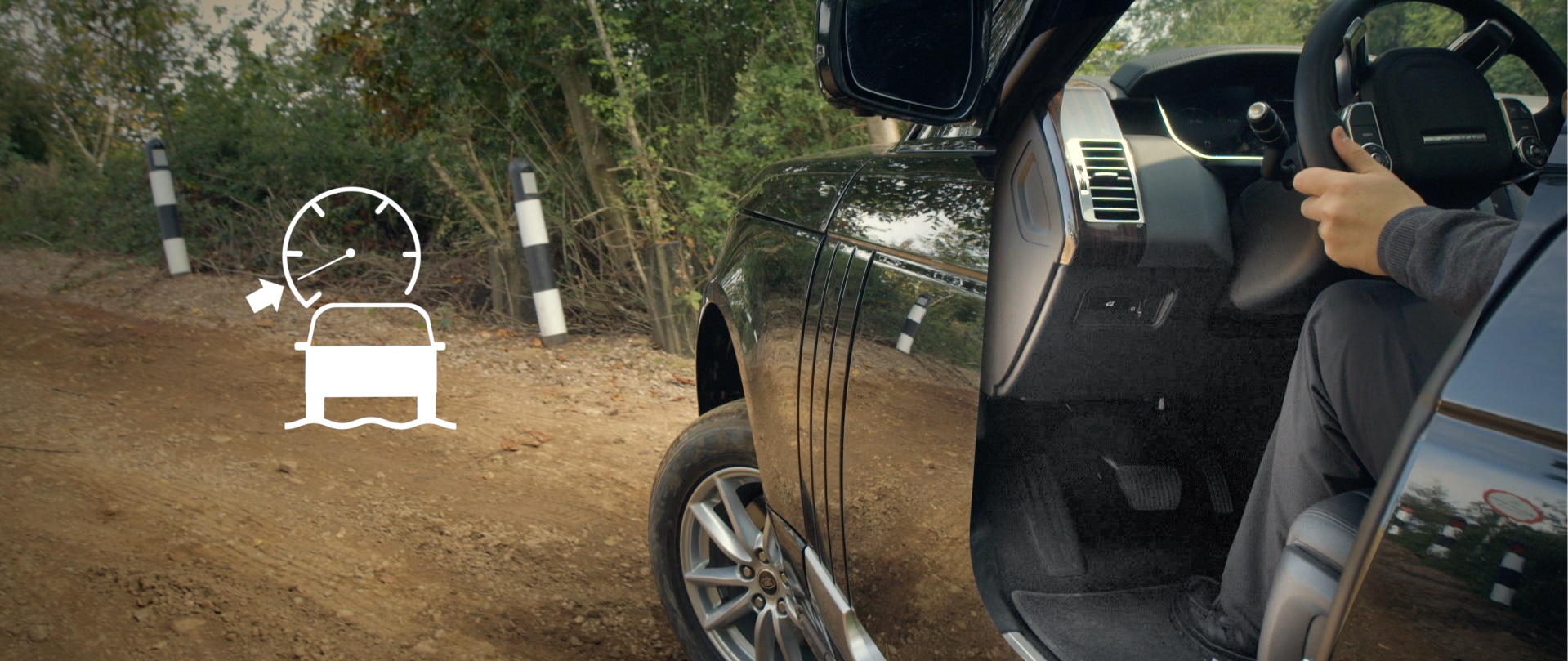
ATPC reduces driver workload to enhance Range Rover’s off road capability, maintaining composure over steep gradients, rough terrain and low-grip surfaces. It is particularly beneficial in challenging off road environments where a very low constant speed is desirable. ATPC works both in forward and reverse gears and is operational from 1 mph to 19 mph (1.8 km/h to 30 km/h).
Available on TDV6, SCV6 and V8 Supercharged derivatives*, Range Rover and Range Rover Sport are the first models to feature this new technology.
* When specified with dual-range transmission and Terrain Response® 2
Cleaner engines, increased performance
The Land Rover’s 3.0-litre six-cylinder engines has been enhanced. Previously equipped with twin-turbocharging technology, TDV6 derivatives now adopt a ball-bearing single turbocharger. Along with Low Pressure Exhaust Gas Recirculation (LPEGR), a two-stage oil pump that reduces parasitic engine losses and a revised design of fuel-injector nozzle, the TDV6 continues to produce 254 hp and 600 Nm. Fuel efficiency, however, significantly increases: Range Rover TDV6 improves by 8.5%, while Range Rover Sport TDV6 improves by 5.7%.
Range Rover Sport SDV6 derivatives retain parallel-sequential turbocharging, but detail calibration changes increase performance to 304 hp and 700 Nm, increases of 12 hp and 100 Nm respectively. LPEGR, a two-stage oil pump and revised fuel-injector nozzles also increase fuel efficiency. The result is 7.0% improvement at 40.4 mpg (7.0 liters per 100 km) and 185 g/km.
Fitted with a 3.0-liter V6 supercharged engine, Range Rover and Range Rover Sport SCV6 derivatives continue to deliver 335 hp and 450 Nm, while fuel efficiency improves by 1.9%. A new thermostat allows the all-alloy engine to reach its ideal operating temperature faster, while laser-drilled injectors ensure a finely optimized spray of fuel directly enters the combustion chambers; elsewhere, revised camshaft chain guides, a two-stage oil pump, a new diamond-like coating for the piston and gudgeon pin, and lower viscosity oil all combine to reduce friction and improve efficiency.

